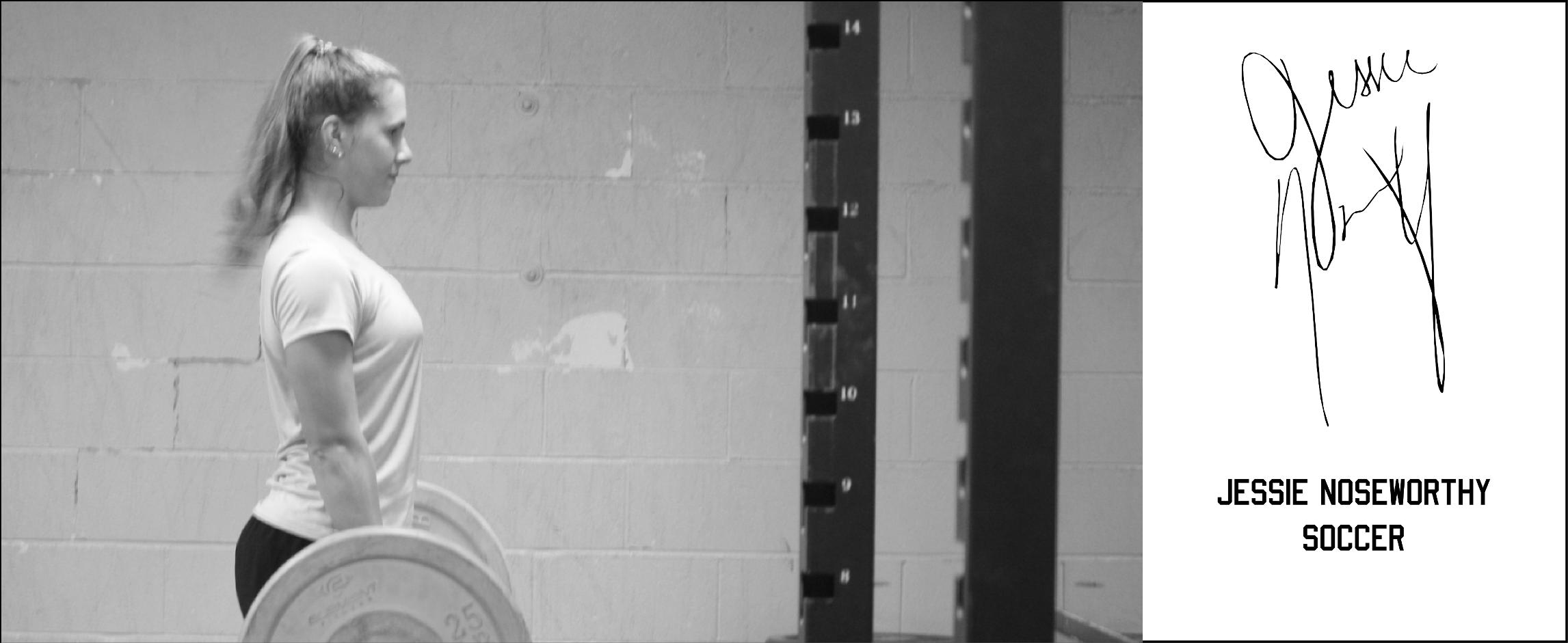The Offseason
The offseason can be effectively summed up in one word: sacrifice. How much are you willing to sacrifice for your team? For your sport? For your school? The type of student athlete you are and will become is developed in the offseason.
Playing for the Memorial Seahawks women’s soccer team means you are committed to playing 13 games from September to early November. If you are one of the top teams you move on to AUS playoffs and then to CIS national championships. When you do the math the season works out to be approximately 10 weeks. That leaves 42-weeks for offseason training.
Trying to explain the offseason to people who have never played sports at an elite level can be challenging at times. I can’t even think back on the number of times I have told someone “I can’t, I have soccer”. A typical response from people, especially in the offseason is “I thought soccer was over?” The fact is that soccer truly never ends. When you decide that you want to play soccer for your university, you commit to the team year round. September rolls around and the expectation is that you come back, stronger and faster than the previous season. If you don’t like fitness and running to the point of complete physical exhaustion soccer probably isn’t the sport for you.
To add to the number of hours I train and practice per week, I am completing my Bachelor of Nursing, studying for my MCAT, volunteering regularly and working fulltime. To say that I have mastered the art of time management is an understatement. During a typical day of my offseason, my alarm wakes me at 5:30AM (I then proceed to lay in bed for another 5 minutes thinking about an excuse not to get up). I head down to practice with my club team, and train or do on-field fitness. If we don’t have practice, I do some form of cardio whether it’s distance running, sprints or stairs. After practice, I get ready to head to work for the day. Work consists of running around playing and supervising children at a multisport summer camp. After work, I study for a couple hours and then head to the gym for weight training. During the summer I also complete 18 regular season games with my club in the Jubilee Trophy league. I literally eat, sleep and breathe soccer. Sometimes, when I’m completely drained, the only thing that gets me through the day is thinking about what kind of food I’m going to eat for supper.
I think one thing that myself and many other athletes can all agree on is that there is definitely a love-hate relationship with the offseason. When it comes down to it, the offseason is what defines you as a player for the upcoming season. It will determine whether you just show up, or you stand out. It separates the elite athlete, from the recreational. It forces you to ask yourself the question - how bad do I want this?
The offseason is primarily based on what you do as an individual to improve your own game, but the team is what keeps me going. I’ve grown up with a lot of the girls on my team and they’ve become more than just teammates, they’ve become my family. I probably see them more than my parents - even though I’m still living at home. Nothing brings a team closer together than finishing a tough practice only to hear the coach say, “On the line!” Playing a team sport you come to realize that your individual habits directly impact the other members. Being a good teammate doesn’t just mean showing up to the mandatory practices and going through the motions. It’s about intensity, determination and going the extra mile even when you think you can’t.
Looking back on my career as a Seahawk, my rookie season feels like it was five minutes ago and now I am already entering my fourth year of eligibility in the AUS. Your university athletic career can pass you by in the blink of an eye. The offseason can be exhausting to say the least, but no matter how challenging it can be to roll out of bed every morning, only to train and push yourself harder each day, I would do it all again in a heartbeat. One of my favorite quotes is “there are people who make things happen, there are people who watch things happen, and there are people who wonder what happened?” What kind of person will you be in your offseason?
By: Jessie Noseworthy
